Historically in Malawi, there has been a conscious effort from government to control and subdue any form of theatre that challenges the status quo of oppressive political establishments. Unfortunately, this is still happening—even in these modern times, when Malawi claims to be democratic, when politicians have declared freedom of expression as a birthright for all.
Artists have not remained silent. They continue to find ways to fight for freedom, both for themselves and for all citizens, but power rests very much in the hands of the president and those who support him. As a result, there are always conflicts between artists and politicians, especially those in ruling positions. Artists who have strongly criticized the government in power have either been beaten up or threatened, and some have had their offices torched. Plays that aim to showcase the country’s realities are either heavily censored—to the extent that they lose their intended meaning—or the performance is just not allowed. During one of my street performances, we had a placard that read: “No man is an island.” Some politicians knew the placard was about how the president was making crucial decisions by himself, without thorough consultations with the people. They had it removed by the police without any room for discussion. These conflicts have happened throughout time: pre-colonial, colonial, post-colonial, and now what we call the democratic era.
One of the earliest examples of politics extending its hand to control performance comes from Malawi’s popular myth of rainmaking. Oral history has it that, for a long time, Mlauli was a chief and a rainmaker in the Maravi Kingdom (now Malawi). People used to gather at his compound whenever need arose for rain. Alongside selected Indunas (warriors), Mlauli would perform a ritual and rain would fall. This happened for many years until one day Mlauli failed to bring about rainfall. The elders of the land suggested to Mlauli to ask his children to perform the rainmaking ritual because they thought the spirit of Chisumphi (unseen god), responsible for many things including rainfall, had moved from him into one of his children. All of his children tried but still no rain fell. There was one other hope, though: Mbona, Mlauli’s son from a different mother, who was not regarded as one of his true children because of his mother’s slavery descent. But because the famine was severe, Mbona was reluctantly asked to perform the ritual. Rains fell and people celebrated.
Performers at the time saw a good story in all this and they devised dances and drama around what had happened. This did not go down well with Mlauli; it angered him to the extent of plotting to kill Mbona. The performances were eventually banned, and there were death threats made to anyone who would sing or perform about the event ever again. It is believed that nobody was ever seen again singing or publicly telling the Mbona story during the rest of Mlauli’s reign. This was the beginning of political interference in Malawi theatre.
Artists who have strongly criticized the government in power have either been beaten up or threatened, and some have had their offices torched.
Based on this story, it would be easy for people to think that the arrival of Western religion, Christianity in particular, would give the people of Malawi lots of freedom to do their indigenous performances. On the contrary, the Western missionaries with their partners the colonialists collaboratively suppressed indigenous performances. They were uncomfortable with the war-like dances and the drama they did not understand fully, preaching that they were evil, from the devil. Around the 1890s, colonial government ended up banning indigenous performances in Malawi. Authors Jane Nandwa and Austin Bukenya write in their book African Oral Literature for Schools (1983):
Colonists deliberately and systematically campaigned to change the mind of the Africans and get them to believe that everything about Africa was savage, uncivilized, primitive, pagan and heathen. They were pressurized into being ashamed of all aspects of their way of life…including their indigenous performances. In fact even gatherings of any form were prohibited.
This meant no rehearsals and the downfall of theatre. The drum, which is one of the most important instruments in indigenous performances, was banned—to this very day, some Christian churches with roots in the West still forbid the use of drums in the church (though they do allow a keyboard that has drum sounds in it). The colonial government, instead, introduced Western performances, which professor and critic David Kerr emphasizes in his book Drama, Media Entertainment and Popular Theatre in South East Africa (1998) were largely for imperial propaganda.

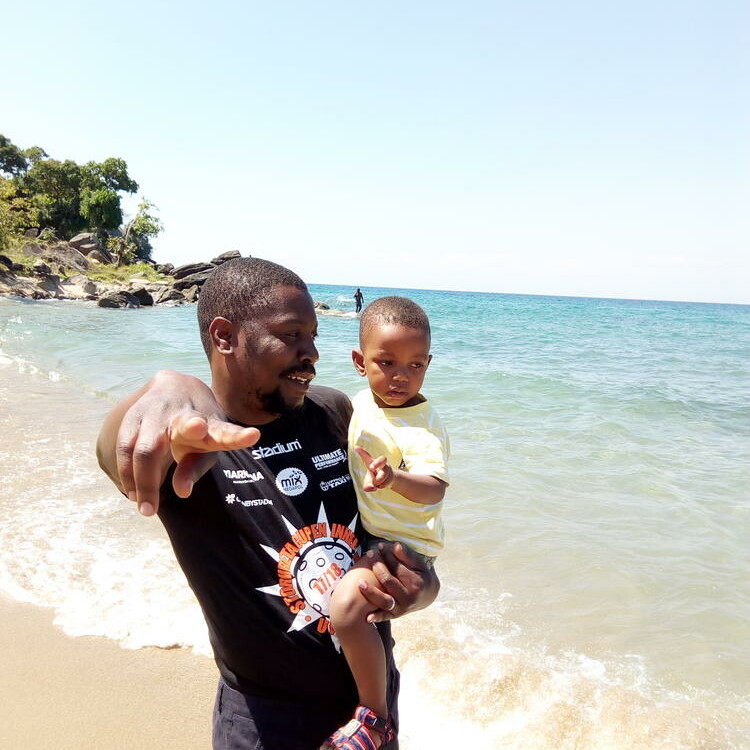
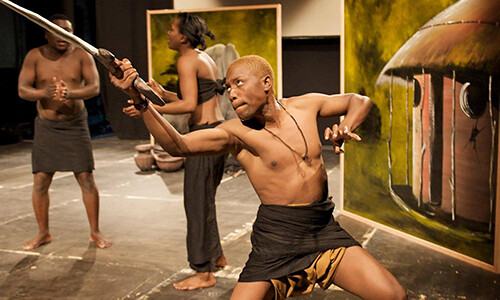
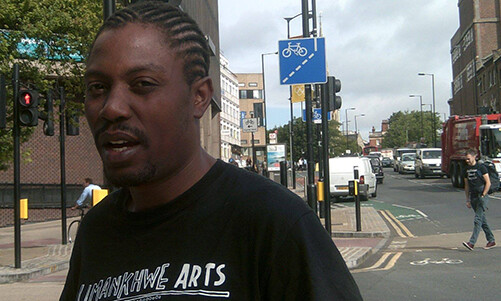
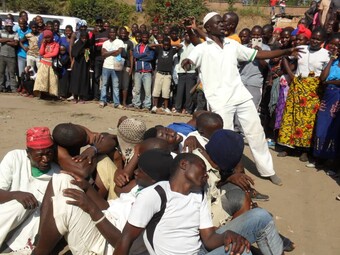

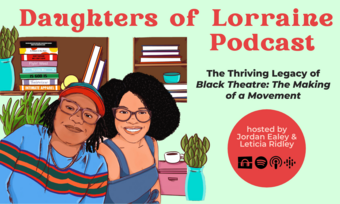


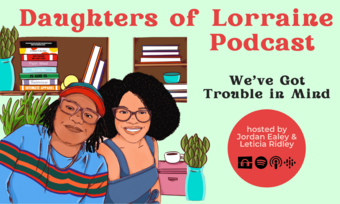
Comments
The article is just the start of the conversation—we want to know what you think about this subject, too! HowlRound is a space for knowledge-sharing, and we welcome spirited, thoughtful, and on-topic dialogue. Find our full comments policy here